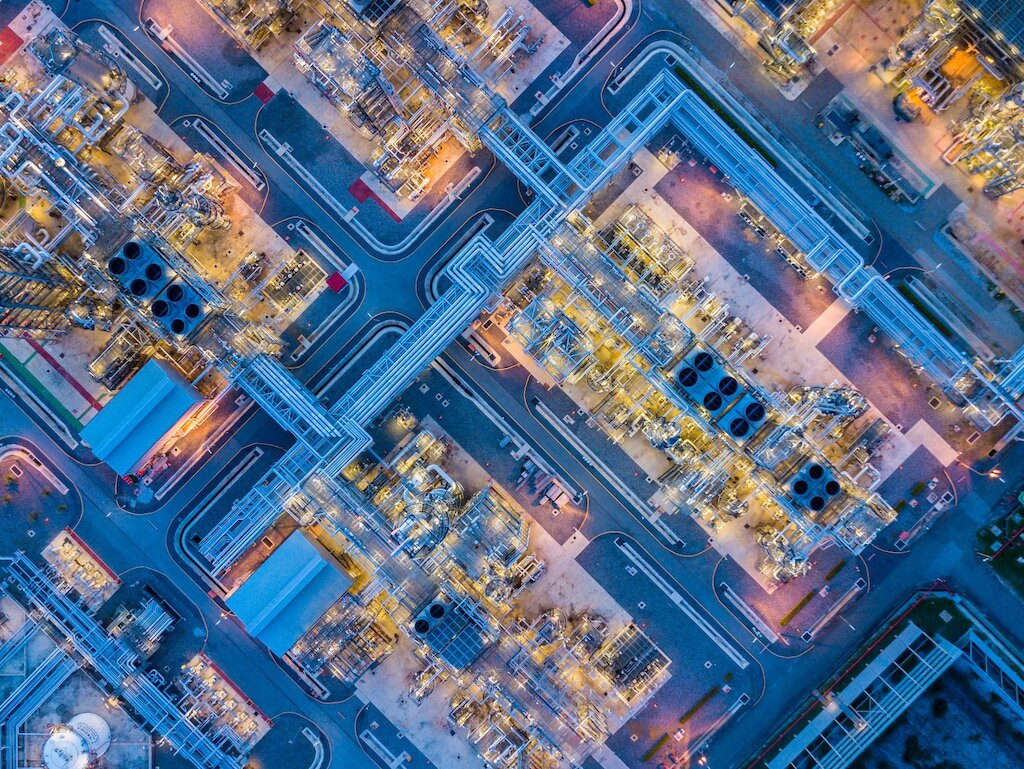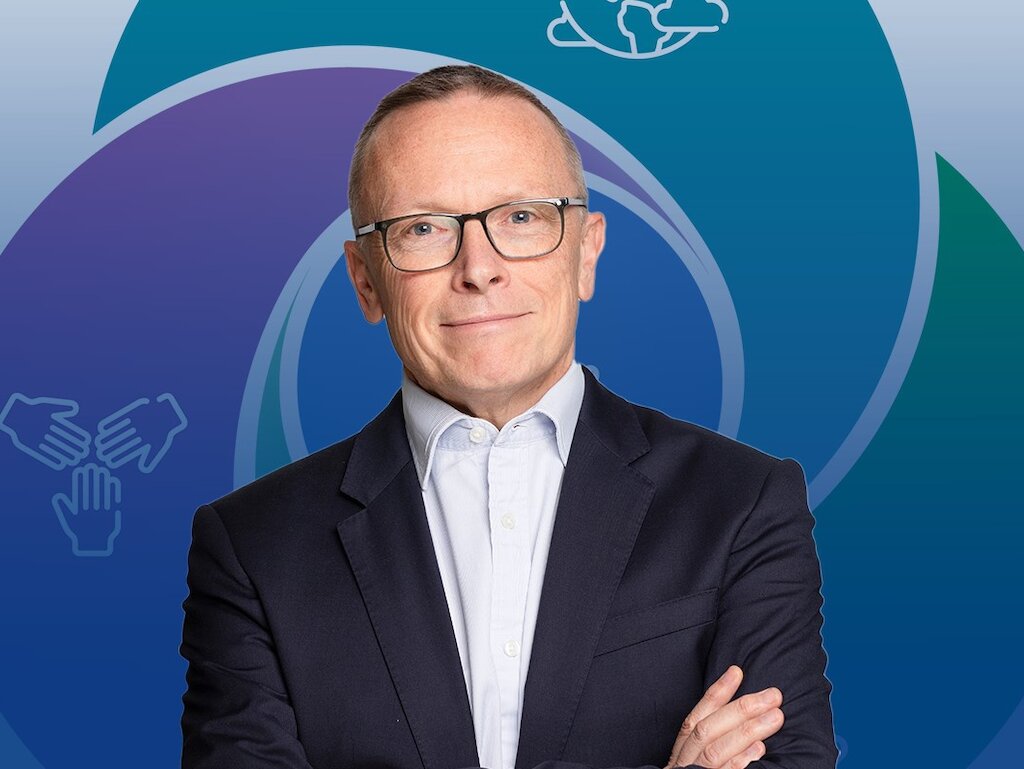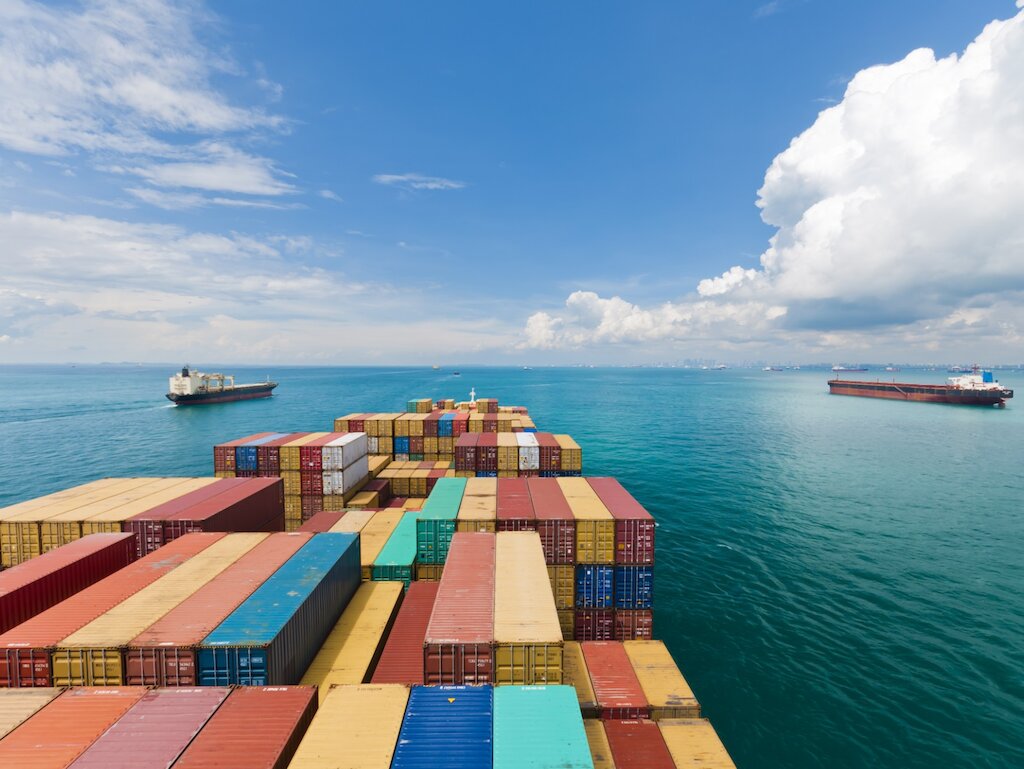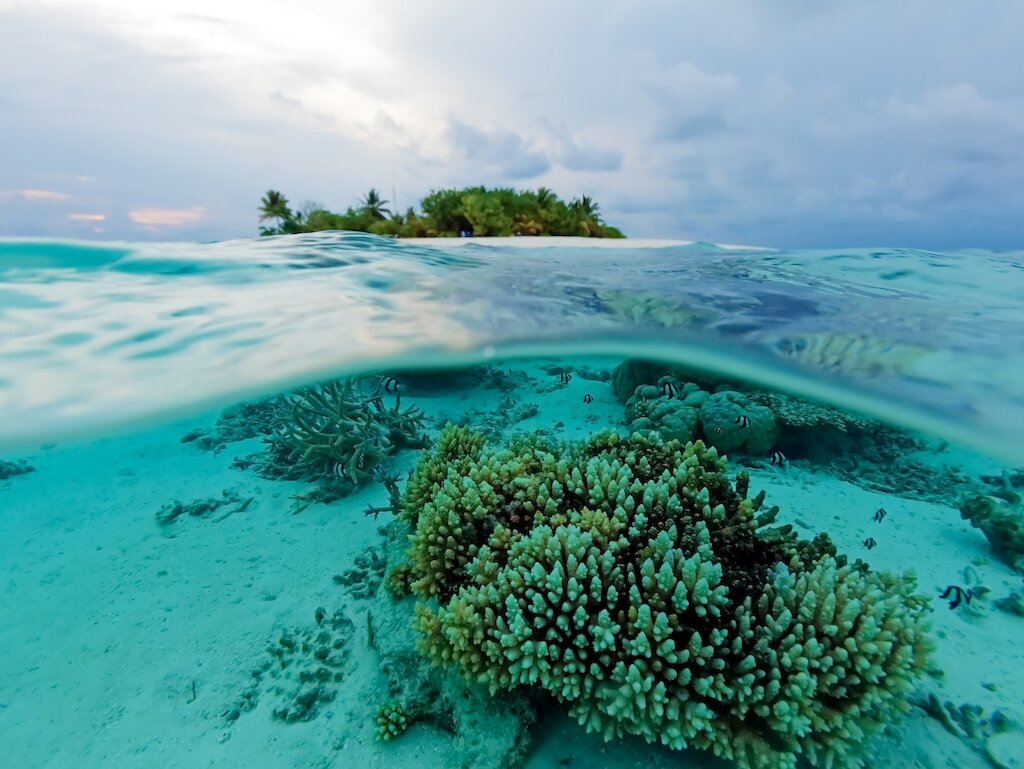Today is World Maritime Day. Established by the United Nations and International Maritime Organization (IMO) in 1978, this year's theme is 'Sustainable shipping for a sustainable planet'.
Ipieca has been working on integrating sustainable practices into the shipping and marine fuels industries for several years. Last year, in partnership with several shipping, refining, and fuel supply and standards organizations, Ipieca published Joint Industry Guidance on the supply and use of 0.50%-sulphur marine fuel and an associated training programme. This project was established in response to the IMO global limit for sulphur in fuel oil used on board ships, and provides guidance for stakeholders across the marine fuels and shipping industries, addressing issues such as fuel compatibility, fuel stability, and fuel handling and storage related to the use of low-sulphur marine fuels.
Ipieca's longstanding partnership with the IMO serves to enhance oil spill preparedness and response capacity for oil spills at priority locations around the world. This partnership, the Global Initiative (GI) was launched in 1996. It has initiated hundreds of regional/national workshops, training courses and exercises to promote and enable implementation of international conventions, identification of national government agencies responsible for oil spill preparedness and response, the approval of national and regional oil spill contingency plans, and improved communications between government and industry.
Considered a key factor in achieving a sustainable planet is the transformation of the transport sector toward a low-emissions future, which includes the shipping industry. Ipieca members work actively to support the energy transition and are exploring a wide range of fuels and technologies for the maritime sector including liquefied natural gas (LNG) and sustainable biofuels. For more information on the role the oil and gas industry can play in the energy transition, download Ipieca's awareness briefings, Exploring low-emissions pathways: Advancing the Paris Puzzle and Exploring low-emissions pathways for transport.



